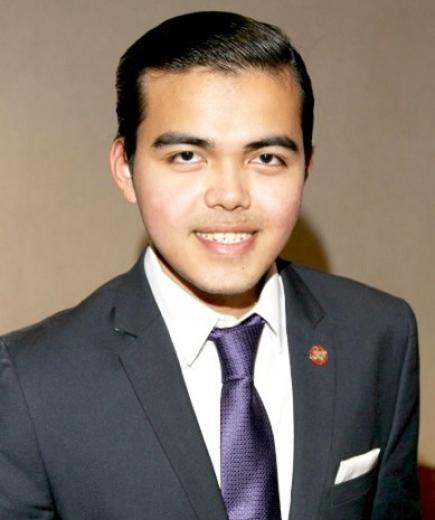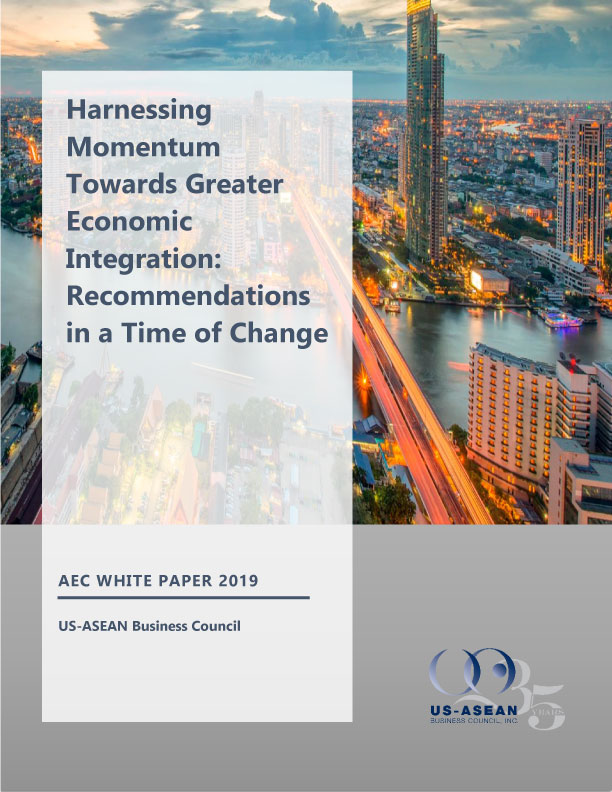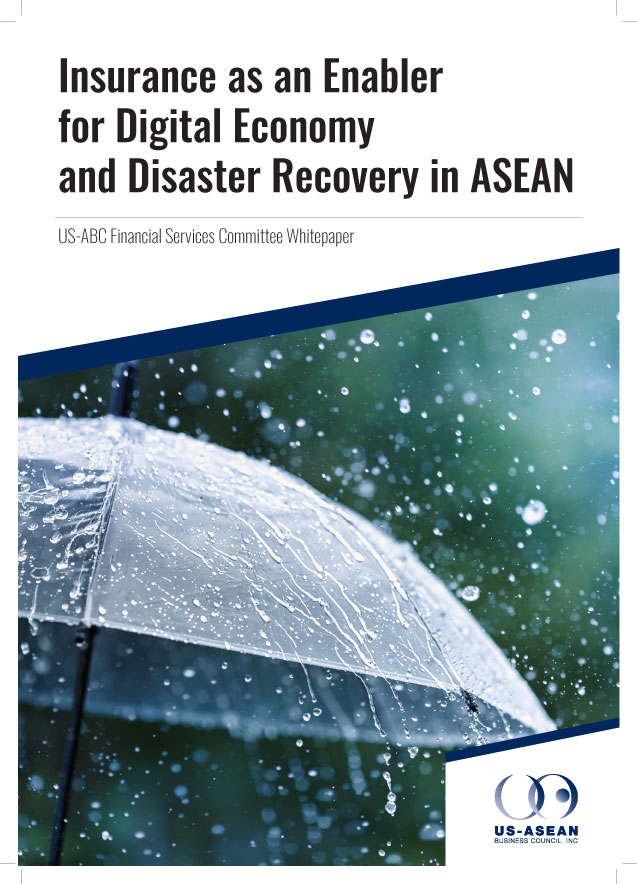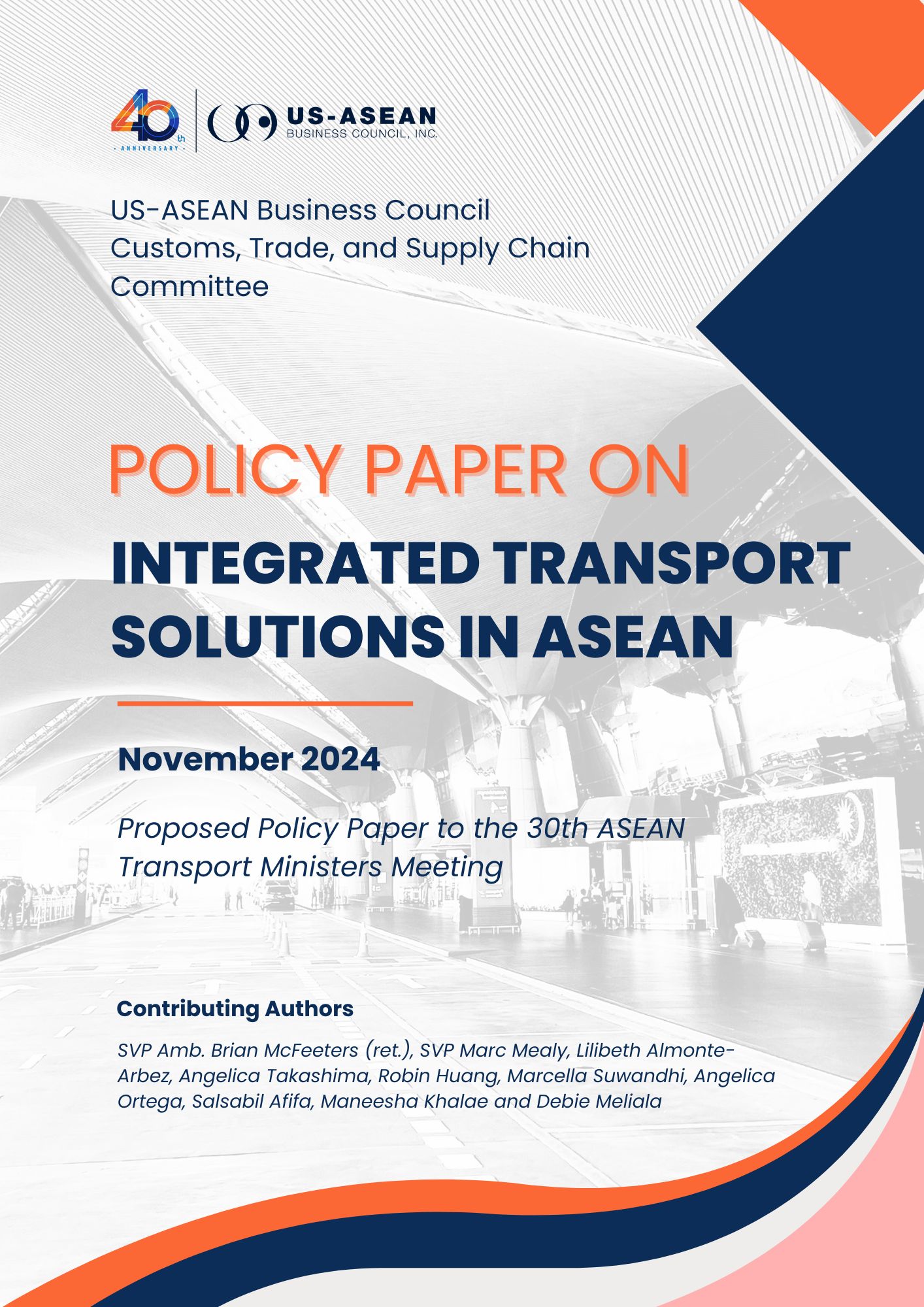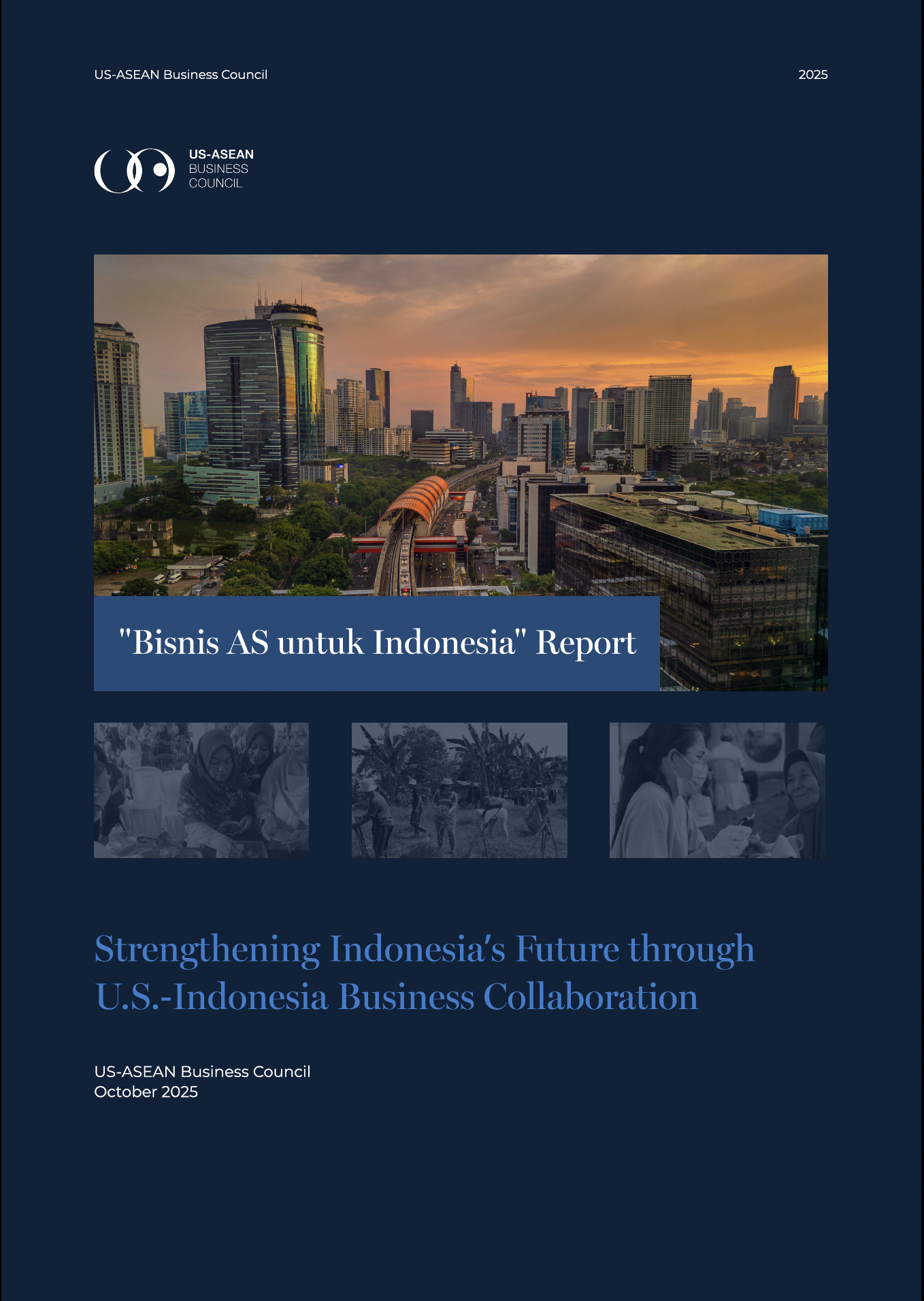State Funeral Held for Military-aligned Acting President U Myint Swe
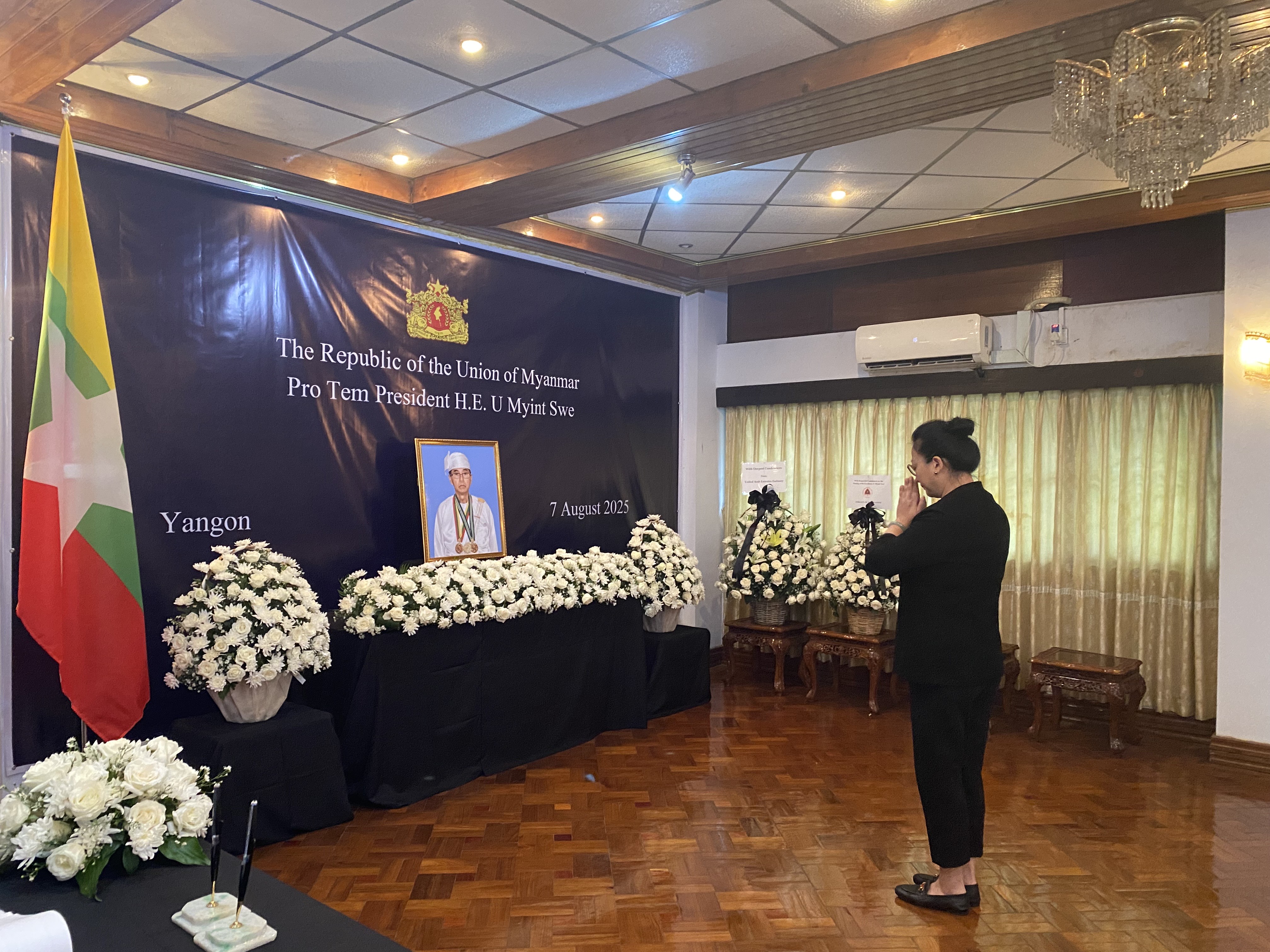
Following a long illness, Acting President and retired General U Myint Swe passed away on August 7. In line with protocol for a sitting head of state, a state funeral was conducted for Myint Swe on August 11 at the military hospital’s ceremonial hall and Naypyidaw’s military cemetery with full military honors. The funeral marks only the third state funeral in modern Myanmar history - after independence hero Aung San in 1947 and Prime Minister Soe Win in 2007 - marking a rare and heavily choreographed event that provides a snapshot of Myanmar’s existing geopolitical landscape. Myint Swe was elevated to the presidency following the military coup of February 1, 2021, on which he wielded little independent authority prior to transferring his duties to Senior General Min Aung Hlaing on July 22, 2024 due to health concerns.
At the funeral, the military elite projected cohesion as Senior General Min Aung Hlaing presided over the rites, joined by Vice Senior General Soe Win, former president U Thein Sein, retired vice presidents of past administrations, and union ministers. Notably, no ethnic armed organizations attended the ceremony. The United Wa State Party (UWSP) and its ally, the National Democratic Alliance Army (NDAA) sent condolence letters, reflecting their pragmatic ceasefire relations with the regime. Groups like the Kachin Independence Army (KIA), Arakan Army (AA), and Karen National Union (KNU) pointedly abstained.
Further, international attendance underscored Myanmar’s geopolitical tilt. China and India both sent ambassadors, while Russia’s envoy highlighted Moscow’s role as arms supplier and political backer. Other sympathetic states, including North Korea, Bangladesh, Nepal, Sri Lanka, and the UAE, also attended. ASEAN responses varied: Thailand and Laos dispatched ambassadors, Indonesia, Brunei, and the Philippines downgraded representation, and Malaysia and Singapore abstained entirely, reflecting the bloc’s divisions. Western nations - most prominently the United States and the European Union - boycotted the event, consistent with their policy of avoiding high-level public engagements with the military since the coup.
